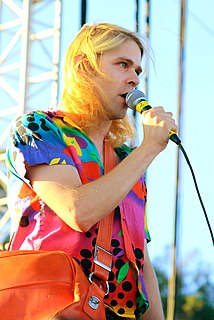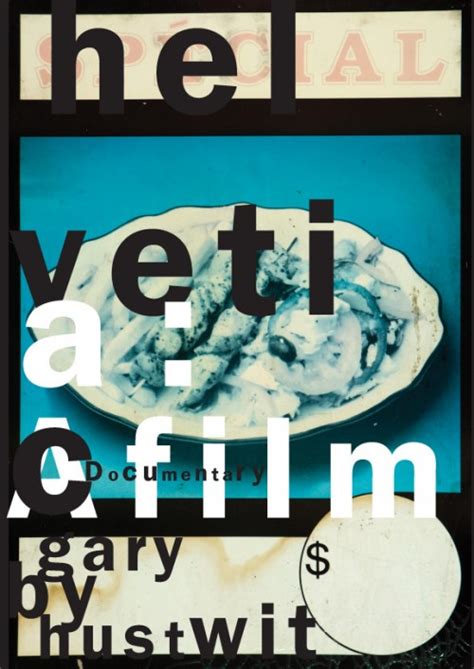A Quote by Tim Winton
I don't think it's people's utterances that limit the writing. It's the activity itself. It's actually pretty hard to convey to someone who's not a surfer. The sensation is the thing. And it's tough to describe without resorting to clichés or mystical nonsense.
Related Quotes
I think the goal with any writing, but especially narrative nonfiction, is to put the blockade of putting your thoughts in this unnatural medium of print and then trying to reach through that and actually convey what's going on, what you think, and make people laugh and recognize themselves while doing it. Definitely the laughing thing.
Sex is a doorway to something so powerful and mystical, but movies usually depict it in a completely flat way. Being explicit doesn't tap into the mystical aspect of it either in fact, that usually kills it because people don't want to see sex so much as they want to experience the emotions that go along with it. These things are hard to convey in film because sex is such a mystery.
In fiction you can make up everything to create the feeling. You can manufacture a story with whatever tools you want. With nonfiction you have to rely on what actually happened to describe what you're feeling. That's hard. You have to know what will feed into the emotion you're trying to convey. And that's hard because you don't necessarily know what causes your emotions.
Beware of clichés. Not just the clichés that Martin Amis is at war with. There are clichés of response as well as expression. There are clichés of observation and of thought - even of conception. Many novels, even quite a few adequately written ones, are clichés of form which conform to clichés of expectation.
As soon as you start to think of that thing that you want to convey or say, you can always just say it much better than you can actually rhyme it or stuff it into a song. It's very, very difficult to just kind of get your point across without going the back way. And you have to be good at that, to not think about things so hard. Let the pen take over, so that it's somebody else's job to dissect the lyrics and tell you what you're all about.
The aim of the book is to set a limit to thought, or rather - not to thought, but to the expression of thoughts: for in order to be able to set a limit to thought, we should have to find both sides of the limit thinkable (i.e. we should have to be able to think what cannot be thought). It will therefore only be in language that the limit can be set, and what lies on the other side of the limit will simply be nonsense.
When all the archetypes burst out shamelessly, we plumb the depths of Homeric profundity. Two clichés make us laugh but a hundred clichés moves us because we sense dimly that the clichés are talking among themselves, celebrating a reunion. . . . Just as the extreme of pain meets sensual pleasure, and the extreme of perversion borders on mystical energy, so too the extreme of banality allows us to catch a glimpse of the Sublime.






































